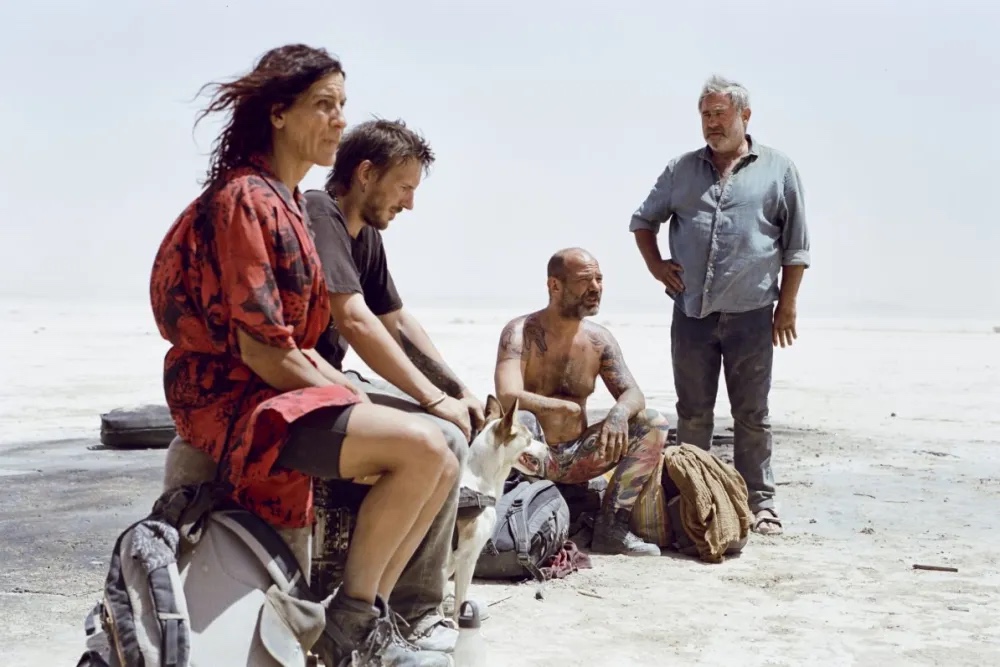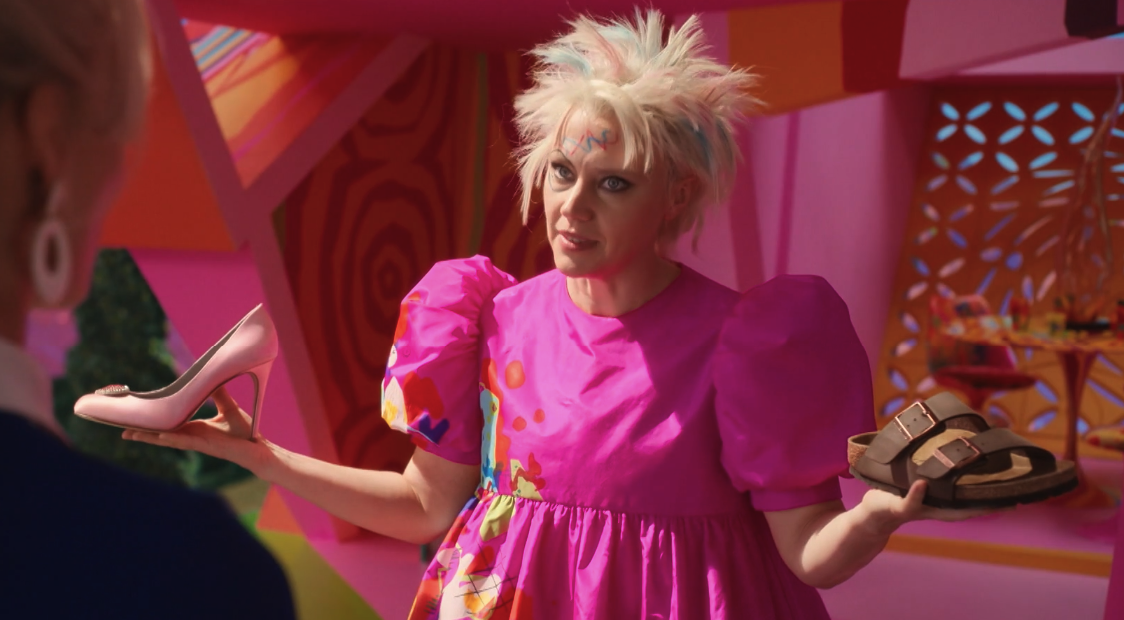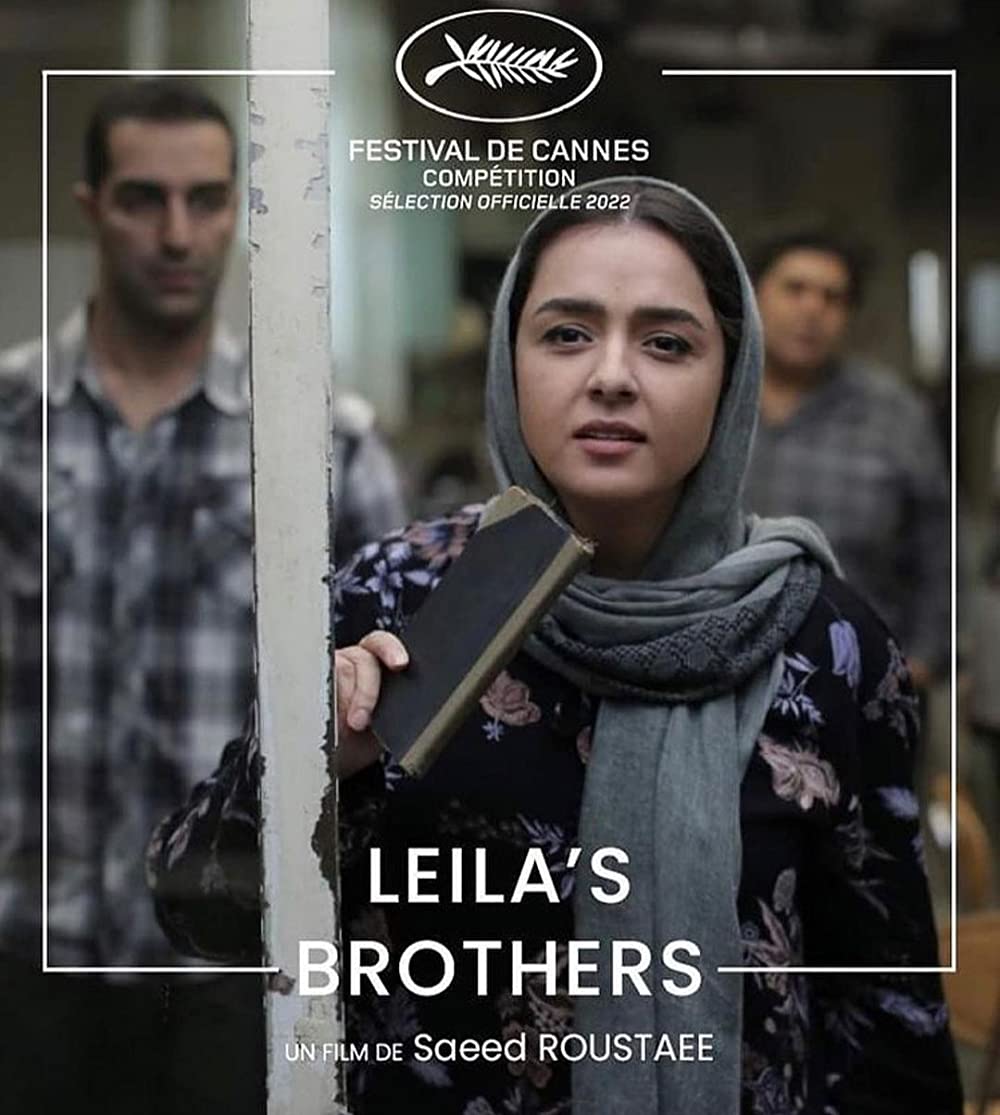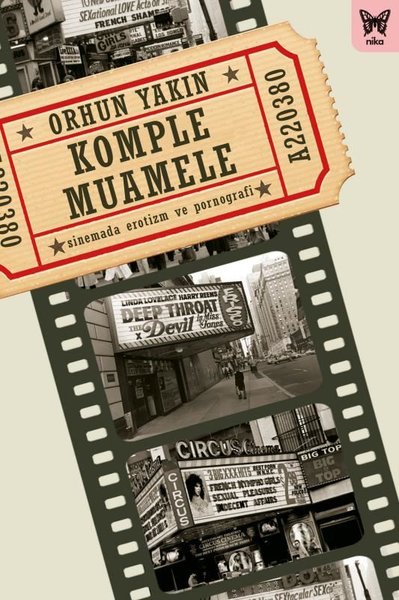In this post, we start our exclusive interview series on the Nigerian motion picture industry, which is the second-biggest in the world (more than 2.500 movies per year), that remains largely unknown in Turkey. SineBlog will be having detailed interviews with producers, directors, actors, and commentators from Nollywood which is largely led by women.
It is claimed that the Nollywood dream started when a merchant named Kenneth Nnebue imported big sums of cheap video cassettes from Thailand. He thinks “Instead of selling videocassettes empty, it would be better if I sell them movies recorded on them. I would make more money”. When the “story of the man who killed his wife then got rich” themed movie “Living in Bondage” sold 750 thousand copies, other Nigerian entrepreneurs enter the field. Then the era of “direct-to-video” starts, centered in Lagos where every corner of the city becomes a movie set, in the country which did not have many movie theaters at that time. This creates a huge low-budget industry where melodramas and horror-magic themes stand out and technical problems are abundant.
Who is Kiki Omeili?
Nkiruka Kiki Omeili, born on May 31, 1986, is a Nigerian actress, producer, TV personality.
She was born in Lagos city which is considered to be the center of the Nollywood. She graduated from Lagos University, Medical School. In 2011, she quits his job as a doctor and started her career in Nigerian motion picture industry. She became the center of attention with her role, Lovette in “Lekki Vives”. She has starred in more than 50 Nollywood movies. In 2019, “Run” which she wrote, produced and starred, was released.
Q: Nollywood is the second biggest production sector in the world. Is it possible to say that the Nigerian motion picture industry dominates Africa and even speaks on behalf of the whole African continent? Is it possible to assume that the Nigerian motion picture industry takes the responsibility of telling stories of Africa?
A: There is no doubt that the Nigerian motion picture industry dominates Africa in terms of the volume of content that we produce. We are known to release content more regularly and more frequently than any other African country.
However, different African countries have their own cultures and peculiarities which may not be obtainable in Nigeria and as such will not reflect in the kinds of stories that we tell. So I would not say that Nollywood tells the stories of Africa as a continent.
Q: What do you think about Nollywood’s sociological and cultural mission in the country, such as strengthening the national unity, in Africa, again boosting the continent’s unity or in the world?
A: I always say that movies are a very powerful tool to pass across messages as movies have the capacity to travel very far and wide. I think that Nollywood generally tells stories that people can relate to and it also succeeds in educating people about several things. It also succeeds in somewhat tuning the attention of people towards what is possible: a better Nigeria and a better Africa.
Q: We observe that Nollywood has undergone a major transformation, especially in the sense of professionalism since the 2000s. Of course, there was a time before that. Is the spectacular direct-to-video era of the 1990s over in terms of technical possibilities and storytelling? What are the innovations and continuities?
A: We live in a very dynamic world and the only constant thing is change. Nollywood, like everything else, moves with the times. The DVD culture has become somewhat old fashioned and Nigerians are embracing the online and video on demand (VOD) platforms.
As a result, there are movies that are made for the online and VOD platforms. The only difference then is the nature of the platform. This had made for more inclusiveness as Nigerians and other Africans living in the diaspora have easy access to these movies for a token.
Q: We observe that Nollywood movies are deepened and thematically urbanized. Of course, Melodramas are still indispensable. However, is it possible to say that horror and magic are off the agenda now? What do you think the themes of ‘New Wave” will evolve into in the future?
A: I do not think that horror and magic will go away as far as Nollywood storytelling is concerned. Even though the themes of these movies have been urbanized as you say, we are still Nigerians and there are certain things that we do believe to be possible and obtainable in this part of the world.
The themes of the New Wave then, even though more urbanized, will still largely have a good dose of drama and “Africaness”. These are the things that the audience can largely relate to. A good example is my feature film “RUN”. Although the theme is somewhat urban, it is very Nigerian and explores the peculiarities of Lagos at night. It contains many things that the average Nigerian living in Lagos can relate to.
Trailer of “Run”(2019) in which Kiki Omeili is the screenwriter, the producer and the lead actor.
Q: Unlike other nation’s cinema industries, Nigeria’s motion picture industry has a strong weight of women as producers, directors, actors. What are the reasons for this situation?
A: The Nigerian motion picture industry is a very tough one and is designed to frustrate producers and content creators almost at every turn. I would say that women are very strong and resilient creatures who just do not give up. These are qualities necessary to succeed in the Nigerian motion picture industry. Also the Nigerian motion picture industry is one where you definitely have to multitask and nobody does that better than women do.
Q: Has Nollywood reached its limit it deserves in the country and around the globe? The copyright issue of Nollywod is a phenomenon that is constantly being voiced. What else do you think there is to do?
A: Nigeria is just getting started and is making people sit up and notice. We have not even scratched the surface in terms of what we have to offer, or how much international recognition and acceptance is possible.
Regarding the copyright issue, I strongly believe that stiff penalties should be put in place by the government to discourage people from peddling and making money off works that do not belong to them. If people know that they can get away with something, they will most likely do it. So, in the absence of any punishment, it will continue.
Interview carried out by Zafer YILMAZ








